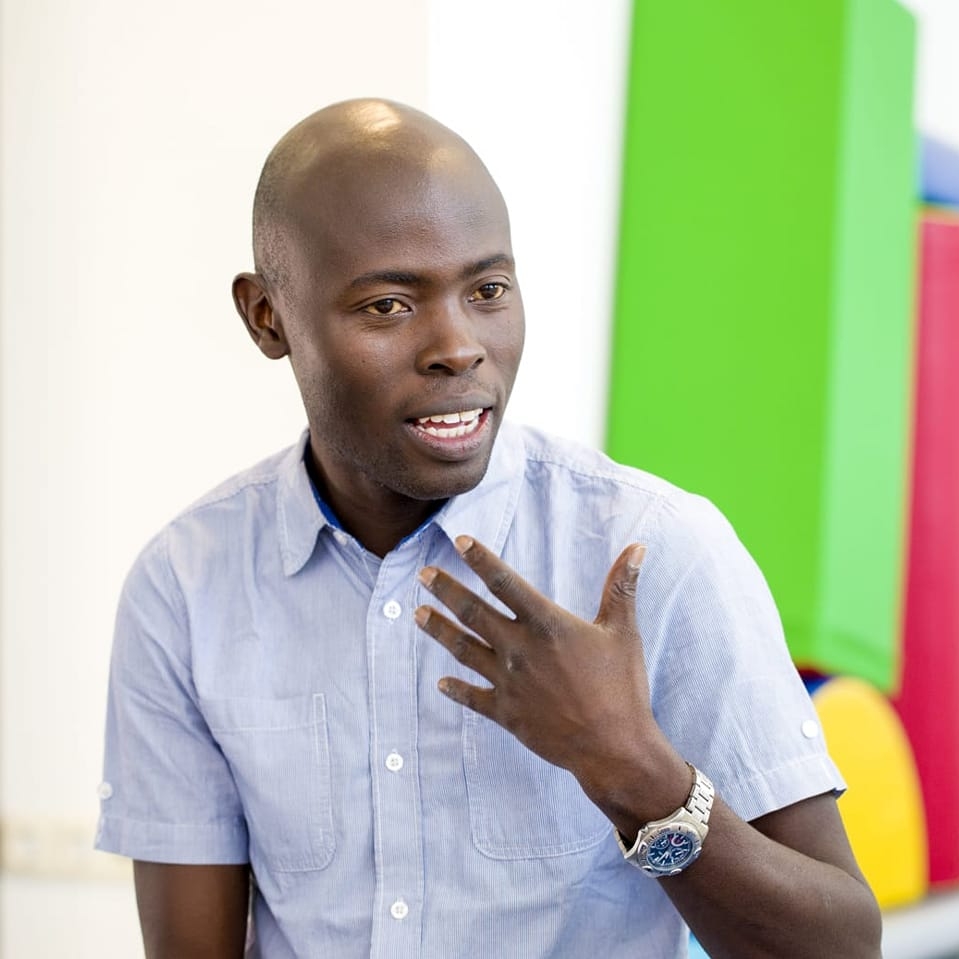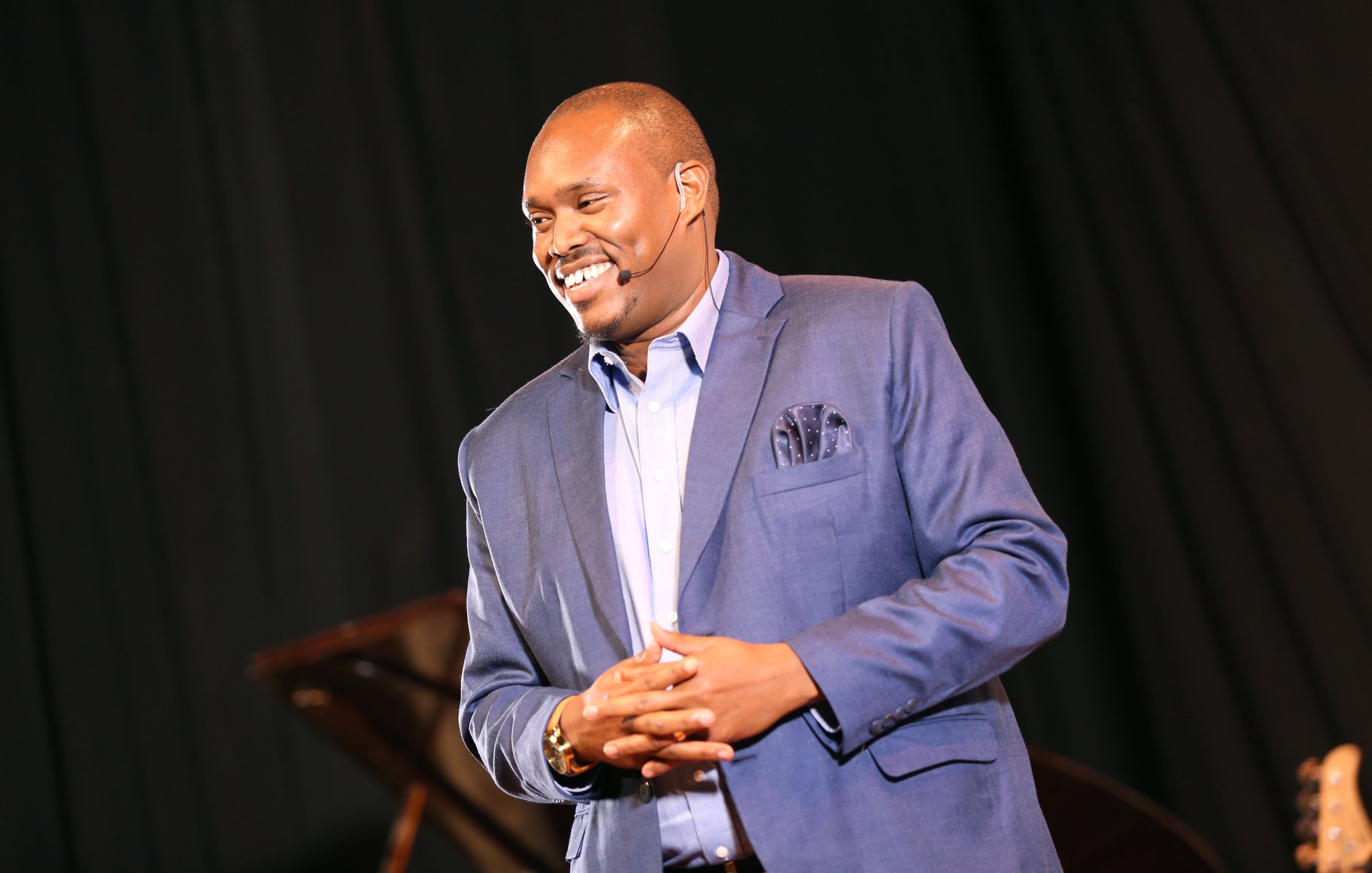NLP stands for Neuro Linguistic Programming. It’s a model for effective communication and conscious change. NLP is a method that studies the structure of the subjective experience. How do people perceive, what are they thinking, feeling or behaving?. It’s also referred to as the art of asking questions.
How do you see the world? And what can you change to make your world and the world in general a better place.
(NLP) is a psychological approach that involves analysing strategies used by successful individuals and applying them to reach a personal goal. It relates thoughts, language, and patterns of behaviour learned through experience to specific outcomes.
(NLP) is all about bringing about changes in perception, responsible communication and developing choices of responses or communication in a given situation. NLP works on the principle that everyone has all the resources they need to make positive changes in their own life.
NLP has the unique ability to model (excellent) behaviour so that other people can also benefit from it. The modelling is an on-going process, and that is how NLP keeps in movement and growth.
NLP is applicable in personal or professional relationships, career or business goals and other areas in life where an individual would like to achieve excellence.
Definitions:
- Neuro means relating to the nervous system. The information we take in through our senses influences our neurological function. If we improve the accuracy with which we take in information i.e. we listen better and are more observant, so we are more open to our own and other people’s feelings. This means our brains have better information to help make decisions. We also increase our ability to communicate effectively (both consciously and subconsciously)
- Linguistic is about language. As we understand and are more aware of language – the words themselves as well as their structure and the way they are spoken, we get better information for making decisions and communicating consciously and subconsciously
- Programming here refers to habits. We develop habits, some useful, some less useful. NLP teaches us how we can develop and encourage useful habits and reduce less useful habits. How do you want to see the world?






.jpg)



